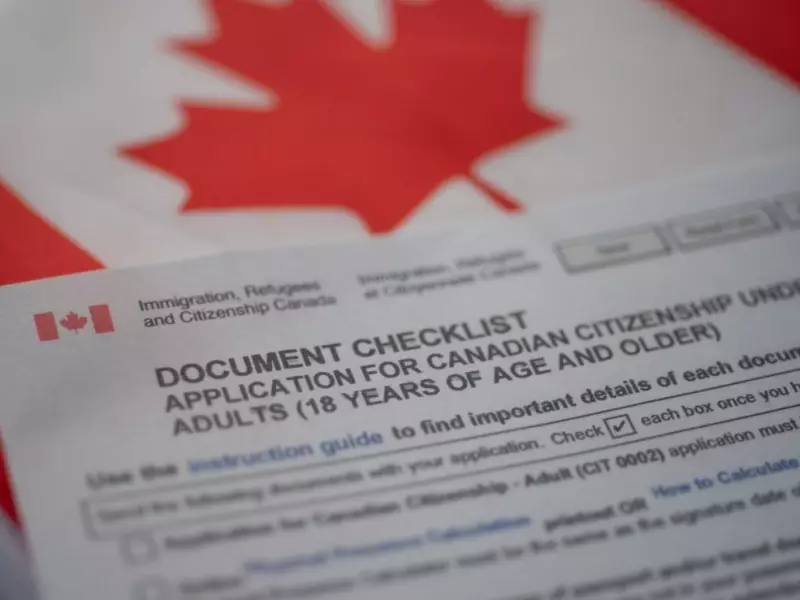
The Canadian government has admitted it cannot provide basic information about how many people with criminal records are being granted citizenship, raising serious questions about public safety and immigration system integrity.
Government's Startling Admission
In a response to an order paper question from Conservative immigration critic Michelle Rempel Garner, Immigration, Refugees and Citizenship Canada revealed it lacks the data to report on citizenship applications from individuals with criminal backgrounds. The government's response, tabled in the House of Commons last week, stated they are "unable to report on the number of applications for which an applicant has a criminal record" that were received, approved, or denied.
The question was directed to Prime Minister Mark Carney's Liberal government in September, asking how often Canadian citizenship is granted or denied to those with criminal records. Instead of providing clear data, the response offered what critics describe as a "word salad of non-information."
Concerning Numbers Emerge
Despite the government's claim of data limitations, some troubling figures have surfaced. Between January 2019 and August 2025, 2,530 citizenship applications were rejected under Section 22 of the Citizenship Act. This section allows immigration authorities to deny citizenship for reasons including criminality, withholding documents, being untruthful to authorities, or being investigated for war crimes.
Michelle Rempel Garner expressed shock at the government's admission, telling Postmedia: "It blows my mind that the government cannot tell us how many criminals they've given citizenship to."
Broader Pattern of Immigration System Failures
This revelation follows other concerning data about Canada's immigration enforcement. Last year, a government response to Conservative MP Laila Goodridge revealed that the Canada Border Services Agency had lost track of nearly 30,000 people wanted by immigration authorities after they failed to appear for deportation proceedings.
Additionally, data from Conservative MP Blaine Calkins shows that while the number of Canadians in federal penitentiaries is decreasing, the number of non-Canadian inmates has increased by 30% over the past decade - from 655 to 857 in the 2024/25 period.
These cumulative failures suggest the federal government is struggling to fulfill one of its primary responsibilities regarding immigration: keeping Canadian citizens safe. The lack of basic data tracking raises fundamental questions about the effectiveness and transparency of Canada's citizenship approval process.





